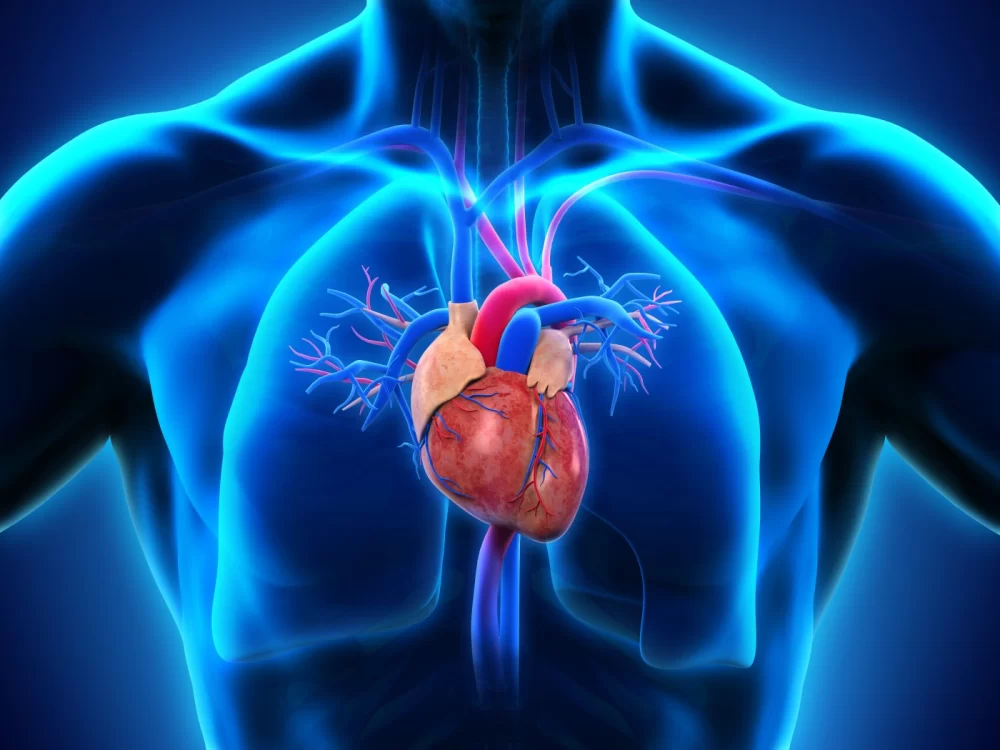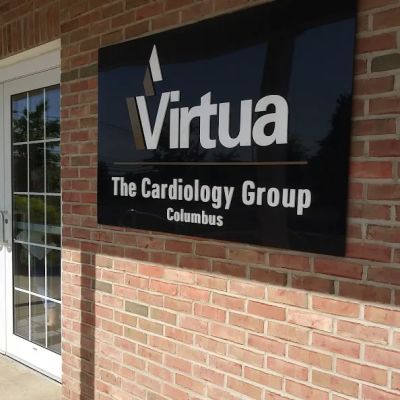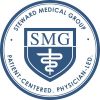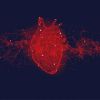- Understanding Heart Disease in Seniors
- Key Symptoms to Watch For
- Detailed Symptoms Checklist for Seniors
- Real-Life Case Studies and Insights
- Proactive Heart Care for Seniors
1. Understanding Heart Disease in Seniors
Heart disease remains one of the leading health challenges faced by seniors worldwide. As we age, the heart undergoes various changes that may increase the risk of cardiovascular problems. For seniors, understanding how heart disease manifests and recognizing its early signs can be a lifesaver. Unlike younger adults, elderly patients often experience subtler symptoms, making awareness essential.
The gradual build-up of plaques in arteries, known as atherosclerosis, combined with other age-related factors such as high blood pressure and diabetes, can significantly affect senior heart health. Many seniors underestimate their symptoms or attribute them to normal aging, which delays diagnosis and treatment. This is why having a comprehensive heart disease and symptoms checklist for seniors is vital to improving outcomes and quality of life.

1.1 Why Seniors Are More Vulnerable
Aging causes stiffness in blood vessels and reduces the heart’s pumping efficiency. Additionally, lifestyle factors accumulated over decades—like smoking, poor diet, or inactivity—compound the risk. Seniors may also face challenges such as medication side effects or coexisting health conditions that complicate heart disease diagnosis.
Recognizing this vulnerability, healthcare professionals recommend regular screening and attentive monitoring for elderly patients. This proactive approach allows early intervention before serious complications develop.
Atlanta Heart Specialists
atlanta heart specialists
4375 Johns Creek Pkwy #350, Suwanee, GA 30024, USA

2. Key Symptoms to Watch For
Heart disease symptoms in seniors can differ from the classic signs seen in younger populations. Many seniors report non-specific symptoms or experience them differently, which can make detection tricky without guidance.
2.1 Common Symptoms Explained
Some of the primary symptoms seniors should watch for include:
- Chest discomfort or pain: This may not always present as sharp pain but rather as pressure, fullness, or tightness.
- Shortness of breath: Difficulty breathing during light activity or rest can signal heart problems.
- Fatigue or weakness: An unusual lack of energy not explained by other causes might indicate heart strain.
- Swelling in legs, ankles, or feet: This could suggest congestive heart failure or poor circulation.
- Irregular heartbeat or palpitations: Sensations of fluttering or skipped beats are important to report.
These symptoms should prompt seniors or caregivers to seek medical advice promptly, especially when combined or persistent.
2.2 Less Recognized Signs
Many elderly patients might experience symptoms such as nausea, dizziness, or sudden sweating that are often overlooked as unrelated to the heart. Awareness of these less obvious signs can be critical for early diagnosis.
3. Detailed Symptoms Checklist for Seniors
To help seniors and their families stay vigilant, here is an in-depth heart disease and symptoms checklist tailored specifically for older adults:
3.1 Physical Symptoms
- Persistent chest pain, pressure, or discomfort
- Breathlessness during minimal exertion or at rest
- Swelling in lower extremities
- Sudden dizziness or fainting episodes
- Palpitations or irregular heartbeat
- Persistent coughing or wheezing, sometimes producing pink mucus
3.2 Behavioral and Functional Changes
- Unexpected fatigue or reduced ability to perform daily tasks
- Confusion or trouble concentrating, sometimes caused by reduced blood flow
- Loss of appetite or nausea without obvious cause
- Sudden mood swings or depression linked to chronic illness stress
3.3 When to Act
If any of these symptoms appear suddenly or worsen rapidly, immediate medical evaluation is crucial. Even gradual onset of multiple symptoms should prompt consultation with a healthcare provider specialized in senior cardiac care.
4. Real-Life Case Studies and Insights
Consider the story of Mr. James, a 72-year-old retiree who ignored mild chest discomfort and attributed his breathlessness to aging. Over months, his symptoms worsened until he experienced swelling in his ankles and persistent fatigue. A thorough checkup revealed congestive heart failure—a condition manageable if caught earlier.
Mr. James’ case illustrates how subtle symptoms in seniors may be mistaken for normal aging. Early awareness through a symptoms checklist could have encouraged timely diagnosis and treatment, preventing deterioration.
Similarly, Mrs. Lee, an 80-year-old with a history of hypertension, noticed irregular heartbeats and sudden dizziness. Her family used a heart disease symptoms checklist to track changes and ensured she saw a cardiologist quickly, leading to successful treatment of atrial fibrillation.
These real-life examples underscore the importance of detailed symptom awareness and highlight the value of proactive heart care. For personalized recommendations and senior-friendly products, HeartCare Hub offers tailored solutions to support senior heart health effectively.
5. Proactive Heart Care for Seniors
Beyond symptom recognition, seniors can take several proactive steps to maintain heart health and reduce risks:
5.1 Lifestyle Adjustments
Adopting a heart-healthy diet rich in fruits, vegetables, lean proteins, and whole grains is foundational. Regular moderate exercise, such as walking or swimming, enhances cardiovascular fitness without excessive strain.
5.2 Regular Medical Monitoring
Routine checkups including blood pressure, cholesterol levels, and heart function tests help track health status. Medications should be managed carefully with professional guidance to minimize side effects.
5.3 Stress Management and Support
Emotional well-being is closely tied to heart health. Seniors should seek support networks, engage in relaxing activities, and avoid excessive stress. Programs tailored for seniors can be found through resources like HeartCare Hub, which also recommends products and services adapted to their unique needs.
In conclusion, a thorough heart disease and symptoms checklist for seniors not only empowers individuals and caregivers but also promotes early detection and intervention. Combining awareness with proactive care creates a stronger defense against heart disease’s impact in older age.






















Deborah Heart and Lung Center
deborah heart and lung center
200 Trenton Rd, Browns Mills, NJ 08015, USA